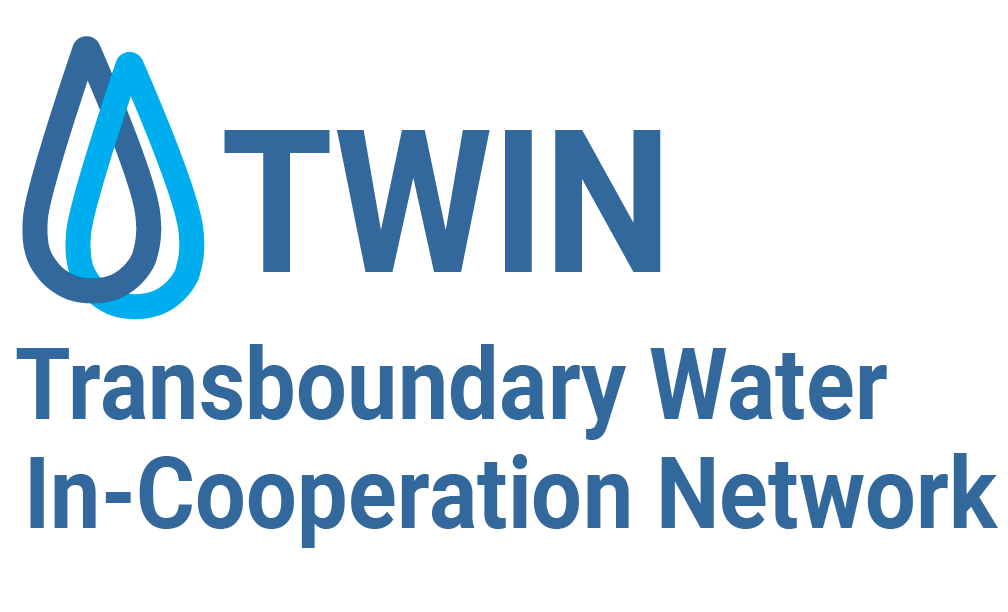Dr. Asim Zia, Director of the Institute for Environmental Diplomacy and Security at the University of Vermont was interviewed for the October Issue of the Environmental Peacebuilding Association’s Interest Group on Water Newsletter.
Read MoreJune 13th: 3:00PM- 5:00PM (PAKISTAN STANDARD TIME)
Global water quality is deteriorating due to multi-scale drivers of change such as urbanization, industrialization, ecosystem degradation, and climate change. Simultaneously, access to clean water is compromised due to inequitable distribution of freshwater resources. Water security pressures have not only driven regional conflicts, but can also derive from conflicts in some of the least stable regions in the world, and will increase with climate change.
Read MoreIn FUTURE EARTH’s tenth and final water-energy-food nexus blog, Nidhi Nagabhatla discusses the complex relationship between the WEF nexus and human migration – and its importance in relation to policy and decision making, in both the region of origin and destination.
Read MoreThe Institute for Environmental Diplomacy and Security organized a side event at the UNFCCC COP 24 in Katowice, Poland on implementing Food-Energy-Water (FEW) Security and implementing early warning systems (EWS) for adaptation to climate change.
Read More“The impression is of a one way street where Israelis and Palestinians only receive and have nothing to offer…
…One of the distinguishing features of Wadi as-Samen/Al-Khalil/Hebron/Besor River is that because it traverses political boundaries, Palestinians and Israelis are both upstream and downstream stakeholders. The river begins in the Palestinian territory of the West Bank, enters Israel north of Beersheva, returns to the Palestinian territory of Gaza and then out to the Mediterranean Sea. Similarly, one of the major tributaries of the Kabul River starts in Pakistan as the Chitral River, enters Afghanistan and changes its name to Kunar River, merges with the main tributary of Kabul River, re-enters Pakistan and merges with the Swat and Indus rivers, eventually exiting into the Arabian Sea…
Read More



